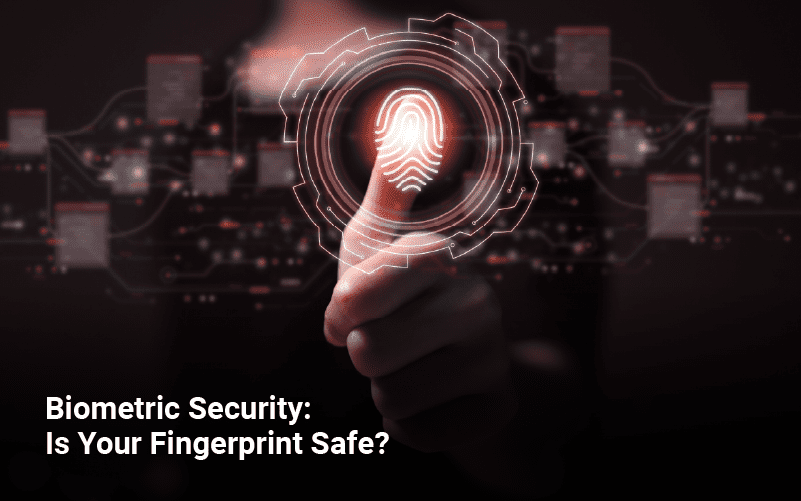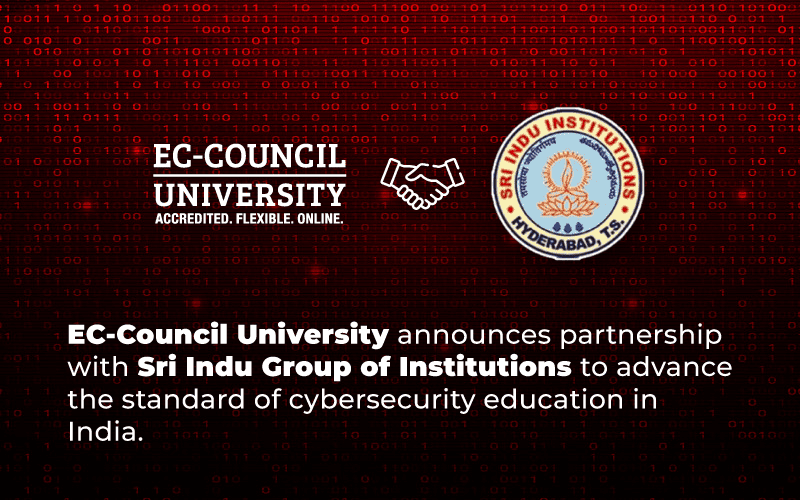Cybersecurity is often associated with programming and coding, but many vital roles within this field do not require extensive technical skills. If you’re interested in a cybersecurity career but lack a coding background, there are numerous opportunities available. The cybersecurity sector is experiencing substantial expansion, with the occupation of information security analysts projected to increase by 33% from 2023 to 2033, a rate much faster than the average for all occupations (BLS, 2024). This surge underscores the expanding opportunities within the field, including roles that do not require extensive coding skills. This blog explores cybersecurity jobs without coding, highlighting various career paths, the importance of non-degree certificates, and how you can build a rewarding career in cybersecurity without being a programmer.
The Growing Demand for Non-Technical Cybersecurity Roles
As cyber threats continue to rise, organizations need professionals to manage risk, analyze security threats, and ensure compliance with security regulations. The number of cybersecurity professionals globally stood at 5.46 million this year (Statista, 2024). While coding plays a crucial role in some positions, many cybersecurity jobs focus on risk assessment, policy implementation, and incident response, which do not require deep programming expertise.
Why Non-Coding Roles are Important in Cybersecurity
Non-coding roles are essential in cybersecurity because they focus on areas like policy enforcement, risk management, compliance, and incident response. Cybersecurity is not just about writing code to defend systems; it also involves ensuring security strategies align with business goals, educating employees, and meeting legal and regulatory requirements. For example, the GAO estimated that the federal government faces annual direct financial losses from fraud ranging from $233 billion to $521 billion, centered on data from fiscal years 2018 through 2022 (GAO U.S. Government Accountability Office, 2024). Ninety percent of the estimated fraud losses fall within this range, highlighting the critical role that non-coding roles, such as risk management and compliance, play in mitigating these significant financial threats.
Key Contributions of Non-Coding Roles:
- Risk Management: Identifying vulnerabilities and implementing proactive measures.
- Compliance & Governance: Ensuring organizations adhere to security standards.
- Security Awareness: Training employees to recognize and mitigate threats.
- Incident Response: Reacting to and managing security breaches.
- Cybersecurity Consulting: Advising businesses on security best practices.
Without professionals in these roles, even the best technical defenses can fail due to poor implementation, lack of compliance, or human error.
Cybersecurity Jobs Without Coding
1. Cybersecurity Analyst
A cybersecurity analyst plays a key role in identifying vulnerabilities, monitoring security systems, and analyzing threats. This role focuses more on understanding security policies and frameworks rather than programming.
Key Responsibilities:
- Monitoring security threats and incidents
- Conducting security audits
- Assessing compliance with security regulations
- Implementing best practices for cybersecurity
2. Cybersecurity Consultant
Cybersecurity consultants advise organizations on best security practices and strategies to protect sensitive data. This role requires analytical thinking, problem-solving skills, and knowledge of security frameworks.
Key Responsibilities:
- Evaluating and recommending security policies
- Conducting risk assessments
- Training employees on security awareness
- Ensuring compliance with industry regulations
3. Cybersecurity Management
Cybersecurity management involves overseeing security strategies, ensuring regulatory compliance, and managing security teams. This role is ideal for individuals with leadership skills who can coordinate security efforts without coding.
Key Responsibilities:
- Developing cybersecurity policies
- Managing security teams and resources
- Ensuring compliance with legal and regulatory standards
- Communicating security risks to executives
4. Security Compliance and Risk Analyst
This role involves ensuring that an organization adheres to cybersecurity regulations and frameworks. Compliance analysts work with security teams to maintain industry standards and prevent legal issues.
Key Responsibilities:
- Conducting audits and assessments
- Ensuring compliance with frameworks like GDPR, HIPAA, or NIST
- Reporting security risks and mitigation strategies
- Assisting in policy development
Coding vs. Non-Coding: Finding Your Fit in Cybersecurity
Cybersecurity offers opportunities for both technical and non-technical professionals. Understanding where you fit best can help you make the right career choice.
When to Choose a Coding Role:
- You enjoy programming and developing security tools.
- You want to work as a penetration tester, ethical hacker, or security engineer.
- You prefer hands-on technical work, such as malware analysis or digital forensics
When to Choose a Non-Coding Role:
- You are interested in security policy, compliance, or risk management.
- You have strong communication and analytical skills.
- You prefer working on strategy, management, or education rather than writing code.
Whether you choose a coding or non-coding role, cybersecurity is a field with diverse career paths that cater to various skill sets and interests.
The Role of Non-Degree Certificates in Cybersecurity Careers
For those transitioning into cybersecurity, Non-Degree Certificates like the ones offered by EC-Council University offer a practical way to gain industry-relevant skills without committing to a full degree program. Many institutions provide specialized training in cybersecurity management, compliance, and risk assessment, allowing professionals to enter the field with the necessary expertise.
Benefits of Non-Degree Certificates:
- Faster Entry into the Job Market – Gain skills in months rather than years.
- Cost-Effective – More affordable than a full-degree program.
- Industry Recognition – Many certificates are aligned with industry standards.
- Flexible Learning Options – Available through online courses, boot camps, and part-time programs.
Cybersecurity Career Paths Without Coding
If you’re looking for cybersecurity jobs without coding, there are multiple career paths to explore:
- Security Awareness Trainer – Educates employees on best security practices.
- Incident Response Manager – Manages and responds to security breaches.
- Forensic Analyst – Investigates cyber incidents and gathers evidence.
- Cyber Policy Analyst – Develops and enforces cybersecurity policies.
- IT Auditor – Reviews and evaluates an organization’s security infrastructure.
Cybersecurity offers a wealth of opportunities beyond technical roles. Whether you’re interested in risk assessment, compliance, or security management, there are various cybersecurity jobs that do not require coding. By obtaining the right certifications, enrolling in Non-Degree Courses, and gaining hands-on experience, you can build a successful career in cybersecurity without a technical background.
Are you ready to begin your cybersecurity journey? Explore EC-Council University’s Non-Degree Certificates to take the first step toward a rewarding cybersecurity career today!
Reference:
- Bureau of Labor Statistics, U.S. Department of Labor. (2024, August 29). Information security analysts. Occupational Outlook Handbook. https://www.bls.gov/ooh/computer-and-information-technology/information-security-analysts.htm
- Statista. (2024, November 6). Size of cybersecurity workforce worldwide in 2024, by region. https://www.statista.com/statistics/1172449/worldwide-cybersecurity-workforce/
- GAO U.S. Government Accountability Office. (2024, April 16). Fraud risk management: 2018-2022 data show federal government loses an estimated $233 billion to $521 billion annually to fraud, based on various risk environments. https://www.gao.gov/products/gao-24-105833








